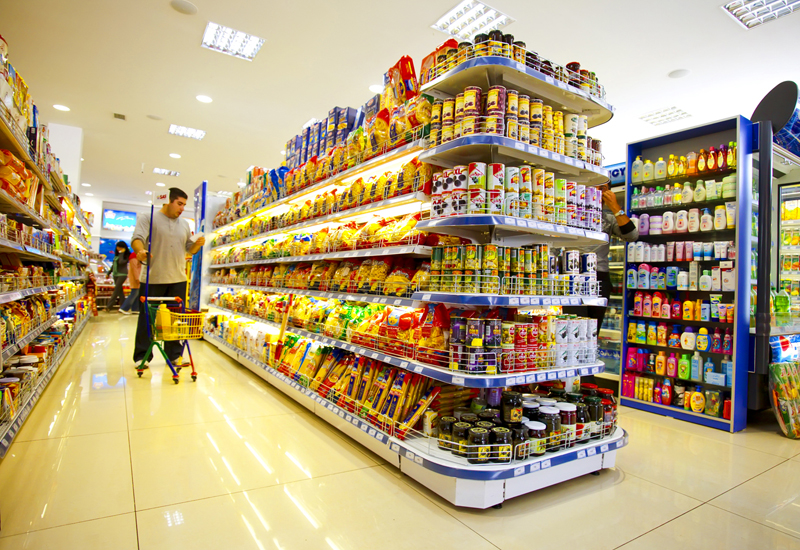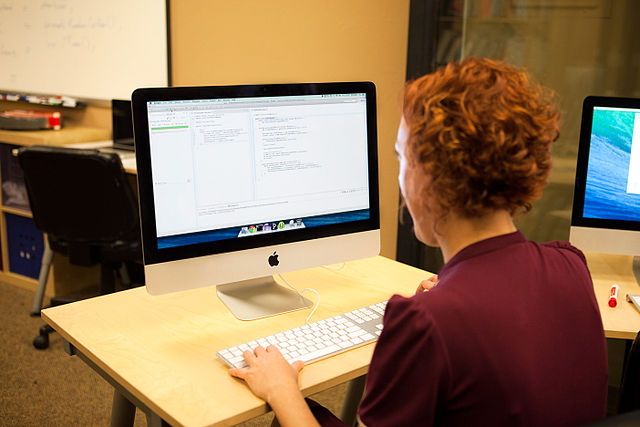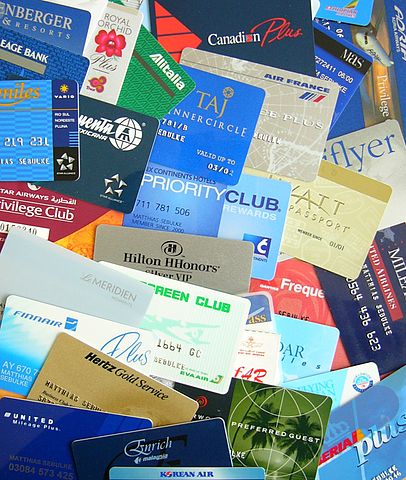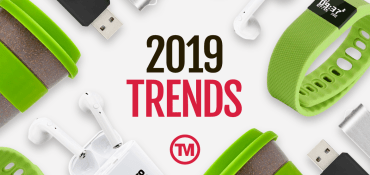Unless you've lived in a cave for your entire life, you will no doubt be familiar with the so-called psychology deployed by major retailers over recent years to persuade you to part with more of your hard-earned cash. The strategically positioned chocolate bars and magazines at Supermarket checkouts, the products placed at eye level intended to 'call out' to customers and the smell of baking bread at the rear of stores enticing the unsuspecting in that direction...

Source: Vladimir Kirakosyan, Wikimedia Commons.
But, it's not just traditional brick and mortar businesses that do this. 'Click and Mortar' businesses (online) also have a series of tricks designed to make you spend more as you check out. You can't fail to have noticed the 'other users bought this' or 'Spend £XX for FREE postage'?
But there is a lot more subliminal tactics used both in-store and online that you may not be aware of. The first is all about 'data' and what the store already knows about you. Do you have a store card? Then that store knows what you typically buy...and when. So, when you visit their website, you may well coincidently find the products you always buy right there in front of you, very often in bulk and on special offer. What are the chances of that? More scary, is the fact that the bigger stores actually employ professionals to mathematically calculate the 'other' products that users in your 'profile group' may also typically own and buy. This is where you are then introduced to new products that you may never have thought of purchasing previously, but may be of potential interest...particularly if there is a 'too good to refuse' offer attributed to this subtle introduction.

In terms of these professionals that stores employ, particularly more recently online, are 'User Experience' or 'UX' specialists. These individuals are experts in looking at every aspect of the customer journey, from how and where they first interact, and how often they interact with the company. Sometimes, stores don't even necessarily want, nor need the user to purchase from them at every interaction. Keeping data up to date is important to these companies and so every now and again, you may be asked to take part in a survey, or to confirm your details, or to sign up for extra rewards. This is known as 'data cleansing'...basically the store just reassuring themselves that you are still there, alive and well.
Above: Loyalty cards are often used to collect information about your shopping history.
Source: Mattes, Wikipedia.
How many times have you been using a website, only to see an advert on the page suggesting a specific product that you've looked at previously? Coincidence? Of course not. The search engine can often track you across your journey online. If they know you've previously searched for a specific product, or even specific company, you could be subtly reminded of that product or company again during an unrelated internet journey. One of the favourite tactics here is to offer a time specific offer...maybe 24 hours to receive free delivery, or 20% off etc.? You may well be shown a subsequent offer hours or days later with a reduced timescale... You're now being 'squeezed'.
But, the fact of the matter remains that all of these tactics are very clever and very well thought out. Any marketer will tell you, that an individual is far more likely to interact with a business with whom they are familiar with. That's where Promotional Merchandise comes in. Promotional Merchandise is a non-offensive form of marketing. The very nature of Promotional Merchandise is that it is given freely as a gift. But, of course, the merchandise is normally logo branded making the recipient, and sometimes a far greater audience when it comes to mobile products like bags, clothing and USB's etc., subliminally aware of not just your business, but also your 'brand'.


































